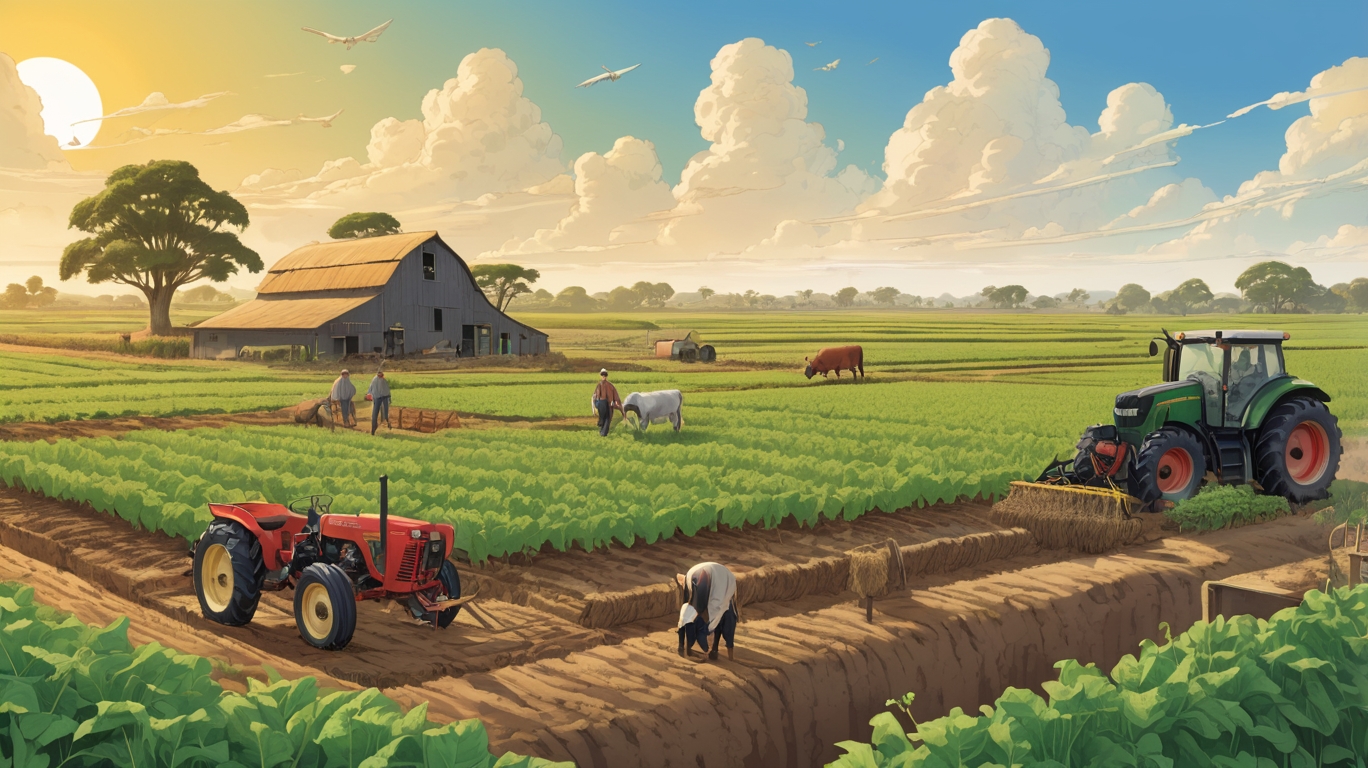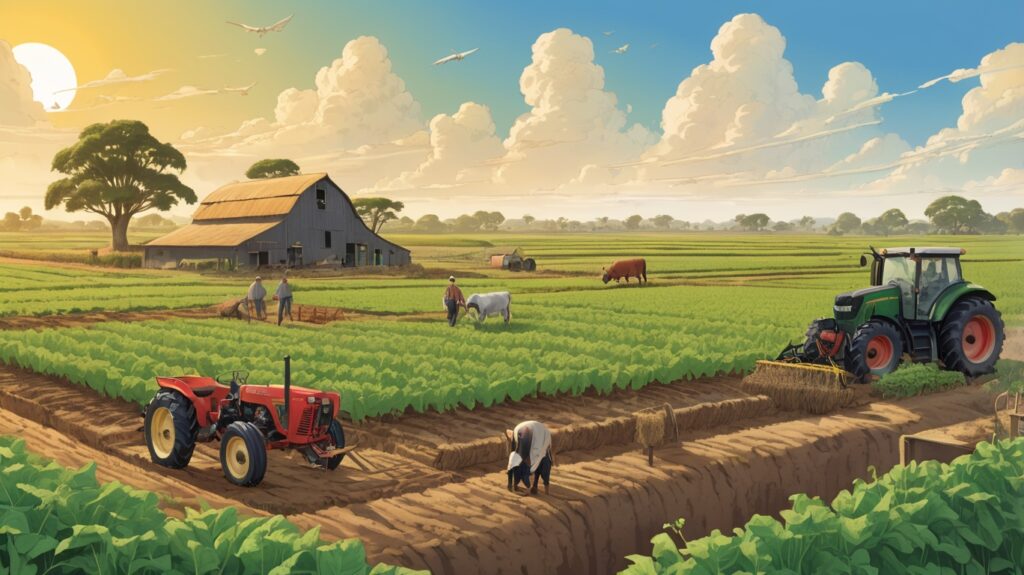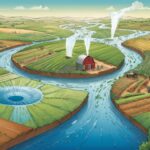How Farmers Can Mitigate Climate Change
Climate change poses one of the greatest challenges to agriculture, but farmers are also uniquely positioned to be part of the solution. By adopting sustainable practices, they can reduce greenhouse gas emissions, improve soil health, and enhance resilience against extreme weather. Here are some practical ways farmers can help mitigate climate change while maintaining productivity.

1. Improve Soil Health
Healthy soil acts as a carbon sink, absorbing CO₂ from the atmosphere. Farmers can enhance soil health by:
- Practicing no-till or reduced tillage to minimize soil disturbance and preserve organic matter.
- Using cover crops like clover or rye to prevent erosion, improve fertility, and sequester carbon.
- Applying compost and organic amendments to boost microbial activity and carbon storage.
2. Adopt Agroforestry Practices
Integrating trees into farmland provides multiple benefits:
- Trees absorb CO₂ and provide shade, reducing soil evaporation.
- Windbreaks protect crops from extreme weather.
- Fruit or nut-bearing trees can diversify income streams.
3. Optimize Water Management
Efficient water use reduces energy consumption and preserves resources:
- Drip irrigation minimizes water waste.
- Rainwater harvesting helps farmers adapt to unpredictable rainfall.
- Crop rotation with drought-resistant varieties ensures better yields in dry conditions.
4. Reduce Synthetic Inputs
Overuse of chemical fertilizers and pesticides contributes to emissions and soil degradation. Alternatives include:
- Precision agriculture to apply fertilizers more efficiently.
- Organic farming techniques that rely on natural pest control and nutrient cycling.
- Crop diversification to reduce dependency on chemical inputs.
5. Integrate Livestock Sustainably
Livestock farming generates methane, but sustainable practices can mitigate its impact:
- Rotational grazing prevents overgrazing and encourages carbon sequestration in pastures.
- Manure management through composting or biogas production reduces emissions.
- Feed additives (like seaweed) can lower methane production in cattle.
6. Support Renewable Energy
Farmers can reduce reliance on fossil fuels by:
- Installing solar panels or wind turbines to power operations.
- Using biofuels from crop residues or energy crops.
- Adopting electric or biodiesel-powered machinery.
7. Participate in Carbon Markets
Carbon credit programs reward farmers for sustainable practices:
- Carbon farming initiatives pay for verified carbon sequestration.
- Government incentives may support transitions to climate-smart agriculture.
A Collective Effort
While individual actions matter, systemic change requires collaboration among farmers, policymakers, and consumers. By embracing sustainable techniques, farmers not only combat climate change but also build more resilient and profitable operations for the future.



